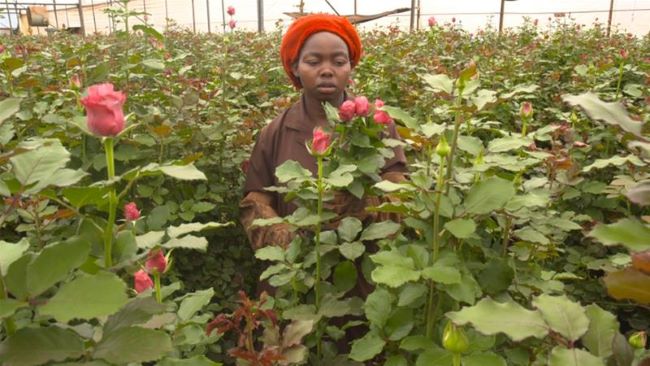The International Labour Organization (ILO) is seeking to promote Kenya horticulture export through the innovative South-South and Triangular Cooperation (SSTC) approach.
This follows the recent workshop in Naivasha, Kenya, that highlighted the potential of this approach by bringing together diverse stakeholders to address export challenges, promote sustainable practices, and improve livelihoods in the horticulture sector.
According to the global trade body, SSTC has been playing a central role in driving ground-breaking solutions for global development by fostering solidarity, mutual benefit, and self-reliance among developing nations further addressing shared challenges, such as overcoming barriers to agricultural export markets.
The workshop was part of a broader SSTC project connecting Madagascar, Kenya, and France. It aligns with the ILO’s principles of decent work and sustainable development by enhancing the capacity of small and medium enterprises (SMEs) and cooperatives to meet international market standards.
Practical Learning and Capacity Development
The workshop immersed participants in the principles of South-South and Triangular Cooperation (SSTC) and its alignment with the ILO’s broader decent work agenda. Key discussions emphasized the significance of fundamental labor conventions and responsible business practices in developing ethical and sustainable export systems.
A highlight of the program was a field visit to Panda Flowers, offering participants hands-on insight into the flower value chain. The visit covered every stage of production—from planting and harvesting to storage, processing, and export packaging. This practical exposure underscored the importance of stringent quality control measures in maintaining competitiveness and fostering customer trust in global markets.
The experience also spotlighted the application of occupational health and safety principles, social dialogue, and worker welfare. Participants explored critical aspects such as unionization, collective bargaining, and adherence to labor standards, emphasizing their importance in building an equitable and sustainable horticulture sector.
Lessons and Insights from Madagascar
Workshop participants showed keen interest in Madagascar’s strategies for addressing export challenges, with particular attention to social dialogue, labor governance, and economic formalization. Insights into Madagascar’s business environment, tax policies, and infrastructure—covering ports, roads, and electricity—were identified as especially valuable.
This knowledge exchange is poised to inspire advancements in Kenya’s horticulture sector, focusing on strengthening worker protections and optimizing export processes to align with international standards.
Charting a Collaborative Future
The workshop set the stage for the project’s next phase, which includes hosting a delegation from Madagascar in December 2024. The delegation will visit key horticultural sites in Kenya, such as Panda Flowers and exporters of avocados and green peas. Naivasha, a central hub for horticultural farming, was proposed as an ideal location for these exchanges.
Participants were also introduced to the ILO’s Tripartite Declaration of Principles concerning Multinational Enterprises and Social Policy, alongside its fundamental conventions. These sessions highlighted the critical role of embedding decent work principles into Kenya’s export strategies.
Collaboration among stakeholders across labor, agriculture, and county governance will be pivotal to the project’s success, strengthening Kenya’s position in global markets while promoting ethical and sustainable practices.
Strengthening Partnerships for Inclusive Growth
The Naivasha workshop highlighted the transformative potential of South-South and Triangular Cooperation (SSTC) in fostering cross-border partnerships. By drawing on Madagascar’s experiences, addressing shared challenges, and capitalizing on Kenya’s strengths, the initiative seeks to position the horticulture sector as a beacon of sustainable and inclusive development.
As the project progresses, the emphasis on ethical practices, enhanced worker welfare, and adherence to stringent export standards will not only bolster Kenya’s global competitiveness but also align with the broader objectives of Agenda 2030. This collaboration exemplifies how partnerships can drive resilience and equity, paving the way for a sustainable future for developing nations.








